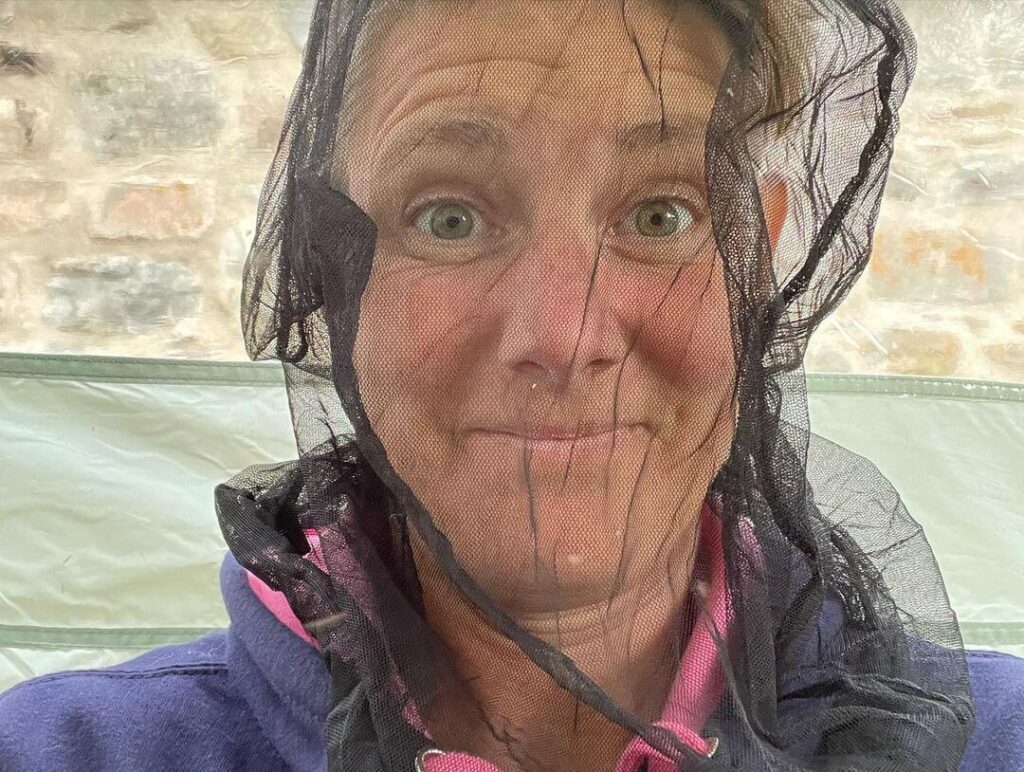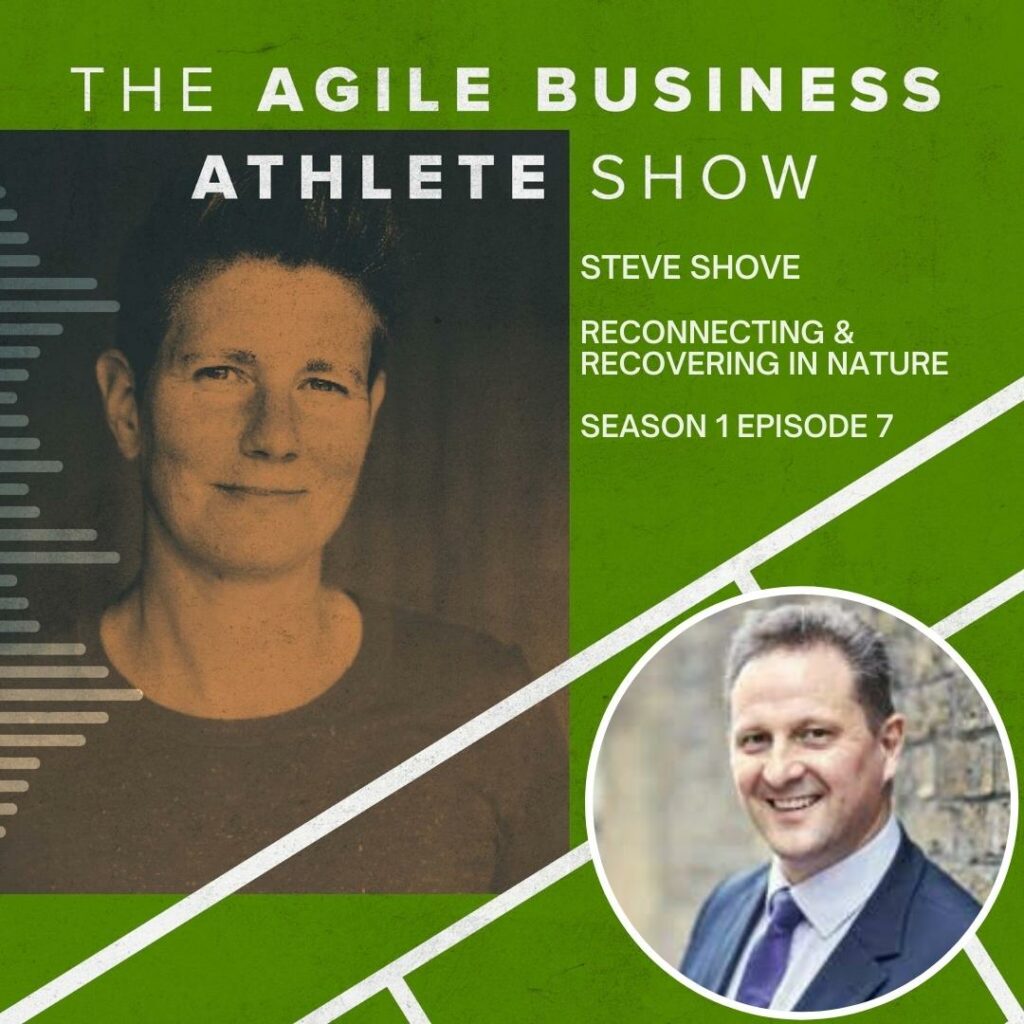Many of you will have read or heard me tell stories of my time at Lynbreck Croft. If you haven’t, you can find out more about it here. It’s an 150-acre regenerative farm in the Cairngorms, Scotland, run by our friends, Lynn and Sandra. During our most recent visit, we accompanied them to a local farm to collect two new steer. It was an honour to witness the team safely load the young animals onto the trailer with minimal stress caused. Watching this got us talking about building a herd, and what numbers work best. One of the things we learnt was that all animals should be kept in no fewer than pairs. Of course some, such as cattle, thrive best in groups. As prey animals, they rely on safety in numbers, but they also need the contact and emotional support that they can offer each other through social connectedness.
As humans, it’s the same for us. The social connectedness that cattle require is every bit as important to us for our mental health and physical wellbeing. Perhaps most interestingly, though, it is essential for longevity of healthspan (basically living healthily for as long as possible).
The Blue Zones Project
Diversity of social relationships can have a very positive effect on our wellbeing. This research has been led by the Blue Zones project, run by Dan Buettner. His team found that there are five areas in the world where people live longest and healthiest; Okimawa in Japan, Sardinia in Italy, Nicoya in Costa Rica, Loma Linda in California and Ikaria in Greece. They identified nine factors that each of these regions shared, and published them as the Power 9. Three of these are:
- Finding the right tribe
- Prioritising loved ones
- Being in an environment where they feel they belong
The Okinawans have a concept called moai, which is a lifelong group of friends or social support group that forms in order to provide varying support from social, financial, health, or spiritual interests. It’s this, and other factors relating to nutrition, movement and outlook, that keep them healthy and long-living.
Recent studies have shown recently that social connectedness can lengthen our telomeres, having the effect of improving our overall longevity. Telomeres are caps on the end of our chromosomes that protect DNA, reducing aging and risk of serious disease. This is interesting because research so far has focused on the effect that negative lifestyle factors can have on shortening telomeres. This includes smoking, chronic stress and environmental pollution. I find this to be much more motivating; a positive step towards proactive health rather than focusing on the negatives.
Building Relationships
I’m just back from a weekend with some of my oldest friends; most of us met at school 30 years ago. We spent the weekend laughing, sharing how we feel, confiding, trying new things – like cold plunge – reminiscing, and having both silly and important conversations. All of us left feeling better than we did when we arrived.
Having a diverse friendship group, including a small group of very close friends as well as a variety of different people in your life, can be positive for health and wellbeing and therefore strengthens resilience. Diversity promotes resilience. What can you do today to strengthen an existing bond with a friend, or establish a new connection?
Share your ideas by tagging me @leannespencerkeynote on Facebook, Insta and LinkedIn.


